Summaries of books about Sociology:
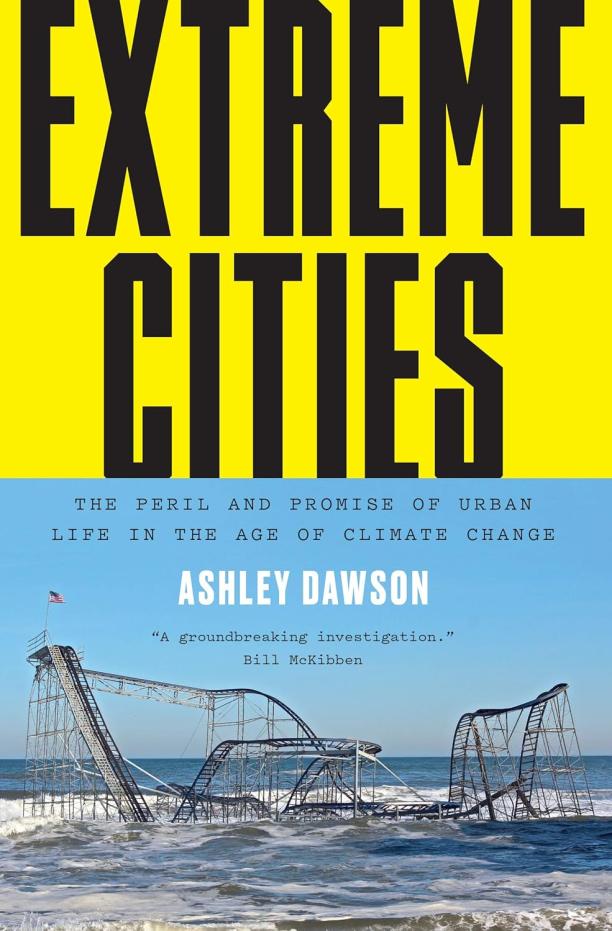
Extreme Cities
The Peril and Promise of Urban Life in the Age of Climate Change
Ashley Dawson
The book examines how cities are at the forefront of the climate crisis, highlighting the vulnerabilities that urban populations face due to rising sea levels, extreme weather, and other environmental threats. It also explores the potential for urban areas to lead in sustainability and resilience efforts, advocating for radical social and environmental justice measures to address these challenges.
See full summary
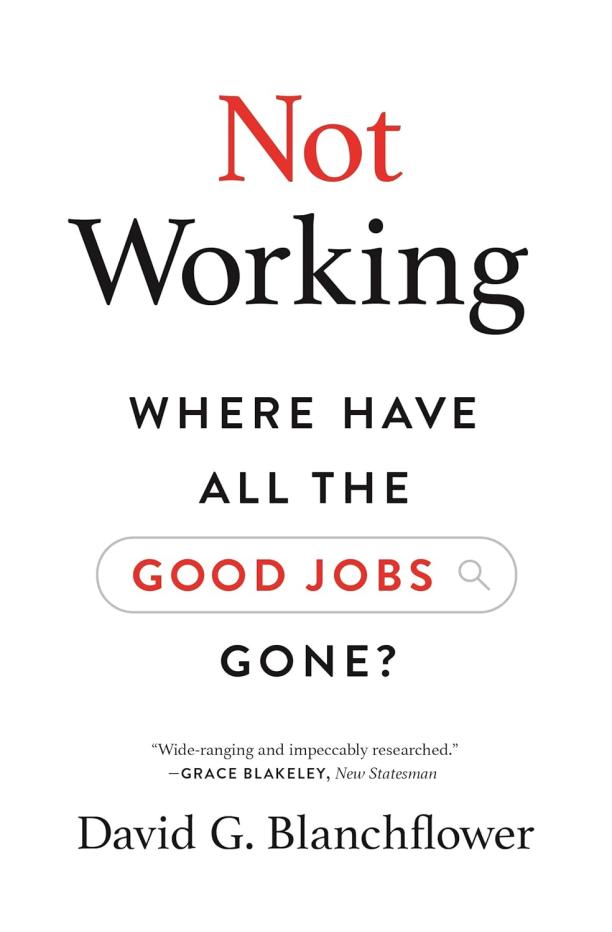
Not Working
Where Have All the Good Jobs Gone?
David G. Blanchflower
The book examines the decline of job quality and the rise of underemployment in advanced economies, analyzing the impact on workers' well-being and the broader socio-economic consequences. It presents evidence of labor market failures and offers policy recommendations to address the growing disconnect between the supply of skilled labor and the availability of secure, well-paying jobs.
See full summary
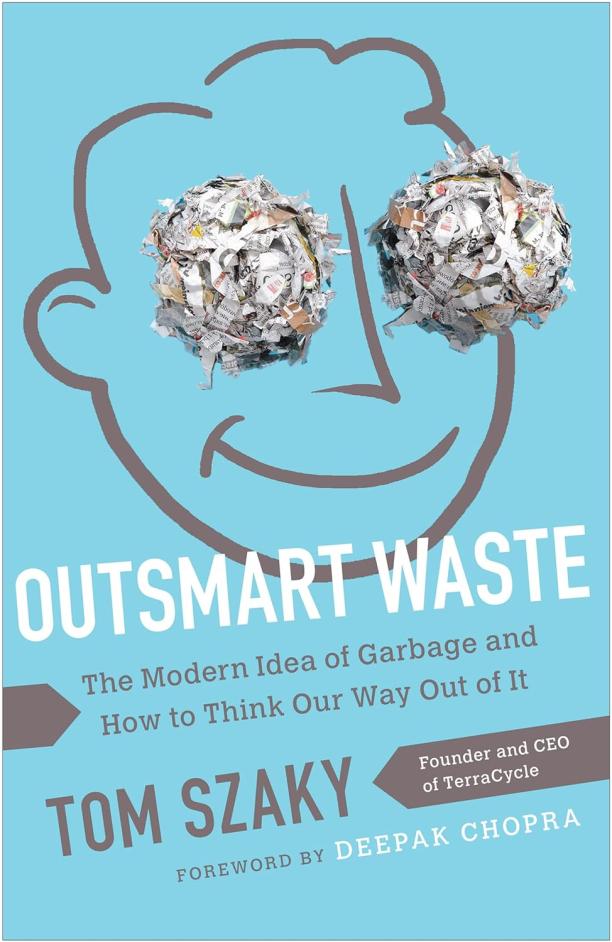
Outsmart Waste
The Modern Idea of Garbage and How to Think Our Way Out of It
Tom Szaky
The book challenges the traditional concept of waste, arguing that garbage is a human invention and not an inevitable byproduct of consumption. It presents innovative ideas and practical solutions for rethinking waste, emphasizing a circular economy where everything can be repurposed, recycled, or composted to minimize environmental impact.
See full summary
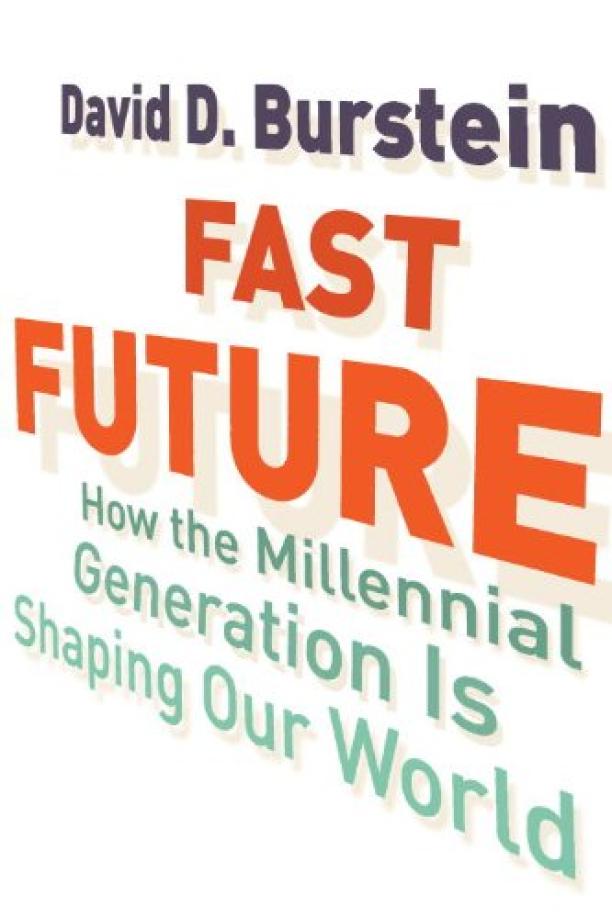
Fast Future
How the Millennial Generation Is Shaping Our World
David D. Burstein
The book examines the impact of the millennial generation on various aspects of society, including politics, business, and culture, highlighting their unique characteristics and the ways they are driving change. It explores how their values, technology use, and experiences are influencing the future and reshaping the world's social and economic landscapes.
See full summary
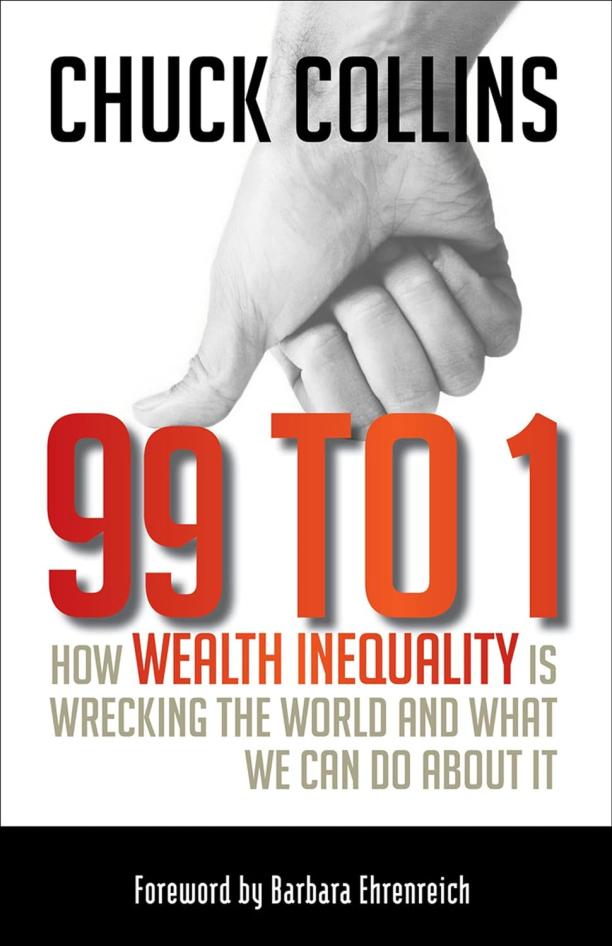
99 to 1
How Wealth Inequality Is Wrecking the World and What We Can Do about It
Chuck Collins
The book examines the growing economic disparity where a tiny fraction of the population controls a vast majority of the world's wealth, exploring its detrimental effects on society and democracy. It also proposes solutions and actions that individuals and policymakers can take to address and mitigate the consequences of this wealth gap.
See full summary
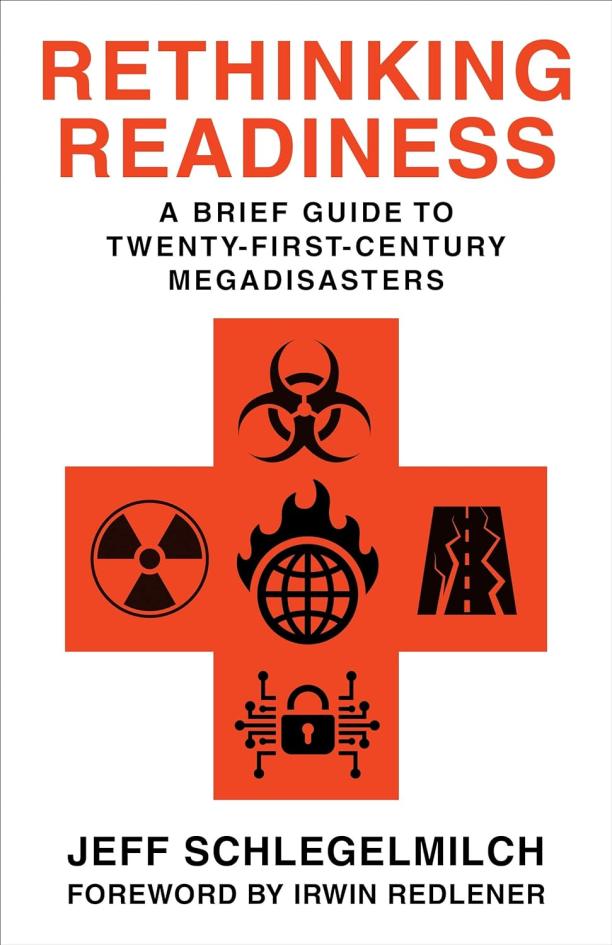
Rethinking Readiness
A Brief Guide to Twenty-First-Century Megadisasters
Jeff Schlegelmilch
The book examines the challenges posed by large-scale 21st-century disasters, such as pandemics, climate change, and cyber-attacks, and critiques the adequacy of current disaster preparedness measures. It offers insights and recommendations for improving resilience and readiness in the face of these complex, evolving threats to ensure better societal protection and response.
See full summary
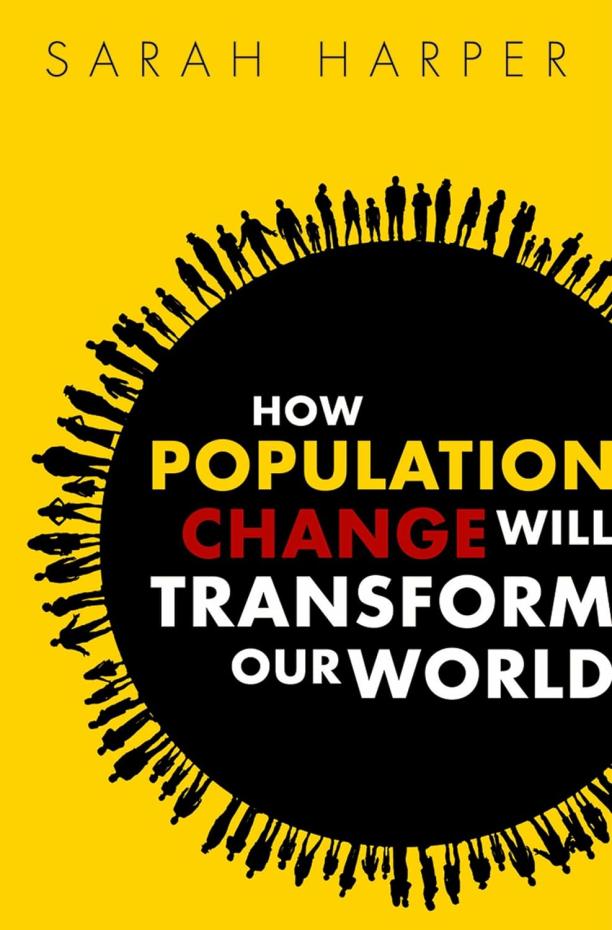
How Population Change Will Transform Our World
Sarah Harper
The book examines the demographic trends shaping the 21st century, including aging populations, declining fertility rates, and urbanization, and discusses the potential social, economic, and political impacts of these changes on a global scale. It explores policy implications and the need for adaptation in areas such as healthcare, employment, and intergenerational relations to address the challenges and opportunities of shifting demographics.
See full summary
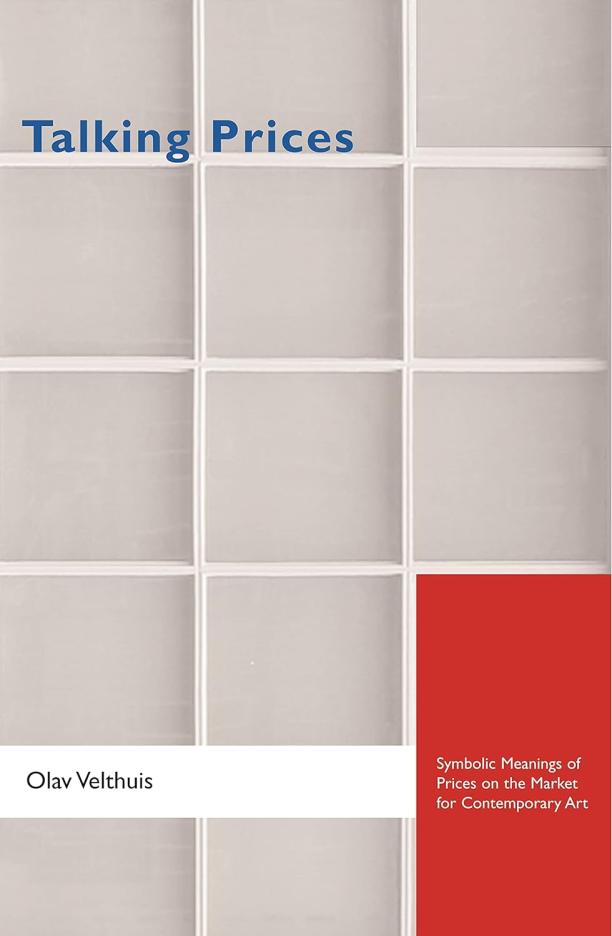
Talking Prices
Symbolic Meanings of Prices on the Market for Contemporary Art
Olav Velthuis
The book delves into the complex dynamics of pricing in the contemporary art market, examining how economic and social factors intertwine to determine the value of art. It explores the symbolic and communicative aspects of pricing, revealing how artists, dealers, and collectors use prices as a language to convey prestige, reputation, and taste within the art world.
See full summary
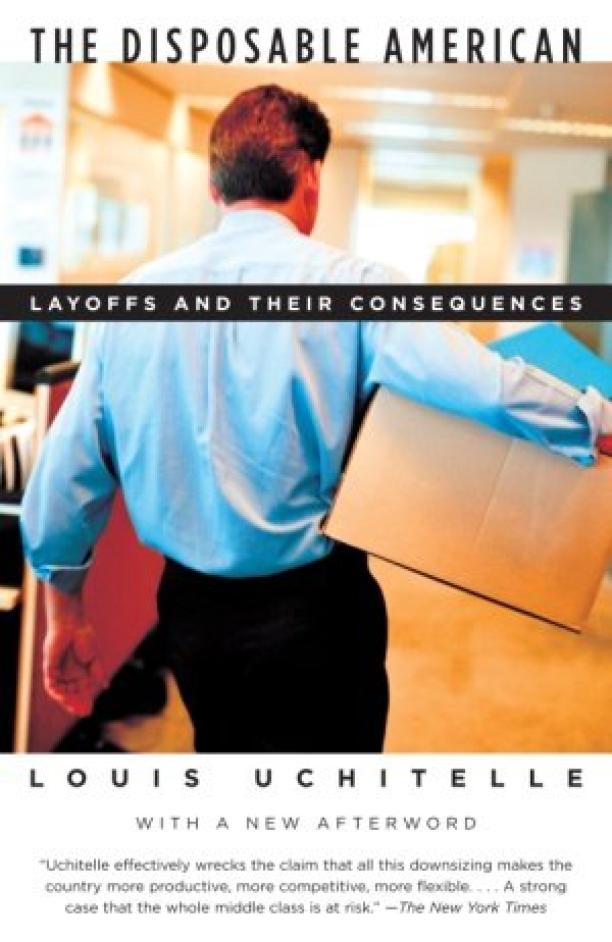
The Disposable American
Louis Uchitelle
The book examines the impact of layoffs on American workers and the economy, arguing that the trend towards job insecurity undermines both individual self-worth and the overall social fabric. It presents personal stories of affected workers alongside an analysis of the broader economic and policy shifts that have made such job losses more common.
See full summary
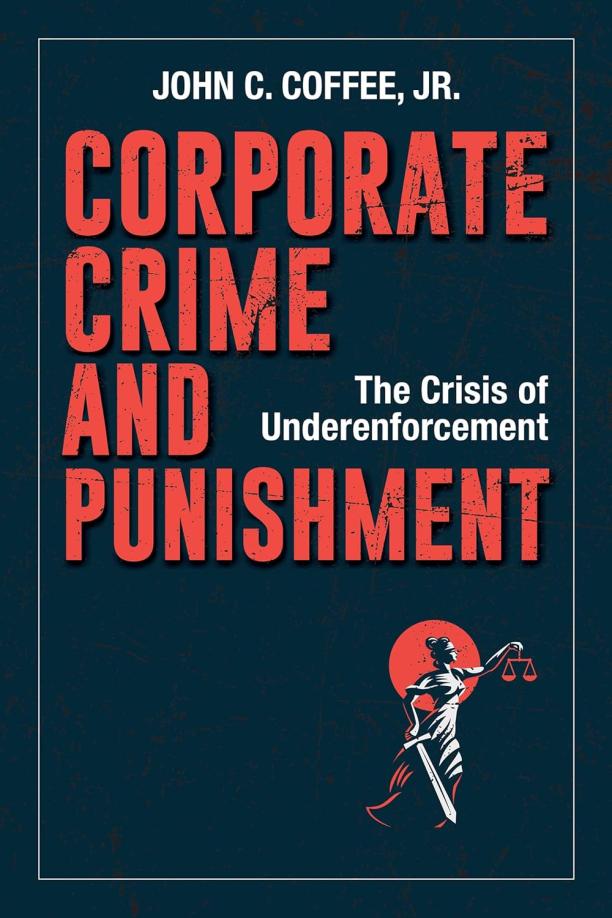
Corporate Crime and Punishment
The Crisis of Underenforcement
John C. Coffee
The book critically examines the failure of the American legal system to effectively prosecute white-collar crimes, arguing that corporate executives often escape accountability due to systemic issues in enforcement and legal loopholes. It proposes reforms to strengthen the deterrence of corporate misconduct and ensure justice is served for financial crimes.
See full summary